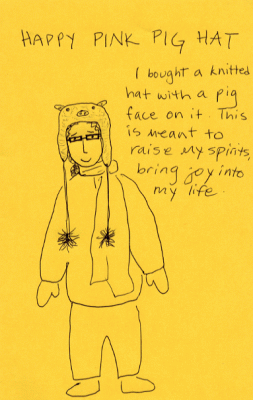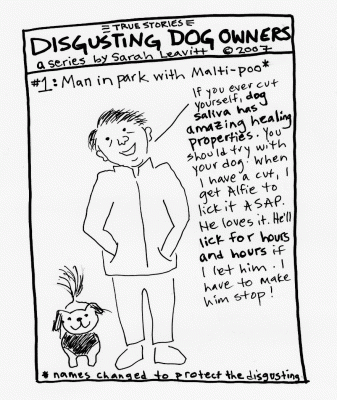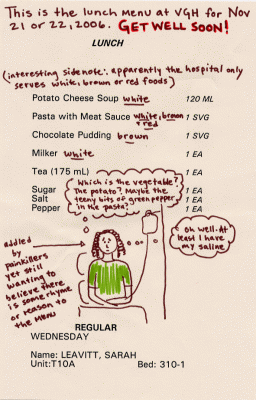Another hot tip from Sarah’s Dad:
Do not confuse everyday and every day.
In spelling two-word phrases there is a trend toward uniting the two words into a single word. Often there is an intermediate stage in which the two words are joined by a hyphen (flower pot, flower-pot, flowerpot). In many cases, however, it is important to distinguish between the one-word form and the two-word form of a compound.
This is usually obvious in the case of compound verbs. The verb carry over means to continue or postpone, while the noun carryover is what has been continued or postponed. Other words seem trickier because the meanings of the different forms are close.
The single word everyday means “ordinary, usual, unremarkable.” In the sense of a routine or recurring event, it can also mean “happening daily.” Here are some everyday examples.
An everyday occurrence. An everyday experience.
Everyday prices.
I look forward to my everyday yoga session.
She quit her everyday job.
In contrast, the two-word phrase every day means “on each day.” It is just like the phrases “every minute,” “every hour,” “every week,” “every time,” etc., all of which are also spelled as two separate words.
I have this experience every day.
Low prices every day.
I look forward to my yoga session every day.
The two-word phrase every day can also mean “all days”: She loved every day of her job.
Other pairs that have distinct meanings include altogether and all together, already and all ready, and compounds using the word any.
I’ve already done that. — I’m all ready for the dance.
She’s altogether too polite. — She gathered them all together in the kitchen.
Anyone would know that. — Any one of you would know that.
Anyway, I certainly knew it. — Any way you look at it, they deserved it.
In all these cases, stop and consider the actual meaning of the compound in the sentence you are writing. All right, folks, that’s enough for today, and maybe every day.




